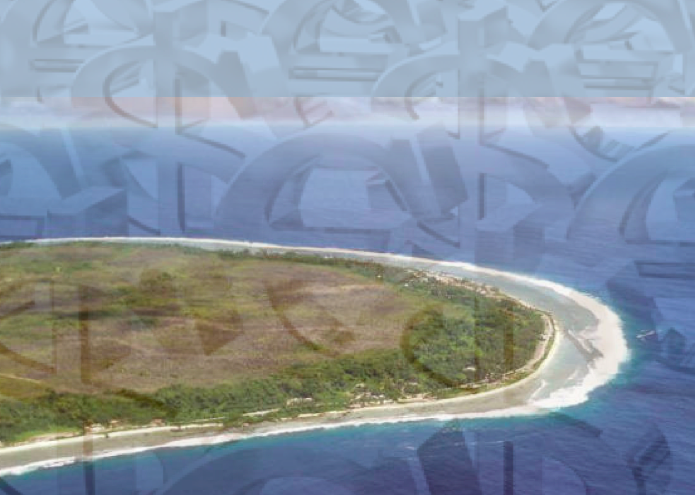The South Pacific island nation of Nauru population 10,000 was once considered one of the phosphate mining capitals of the world, a status which also made it one of the richest countries of the world on a per capita income basis. But that was in the 1970s. After its primary natural resource was exhausted, the country found itself saddled with huge debt and mounting economic and social problems. After selling off various assets in the 1980s, it turned to the issuance of sovereign bonds on the Japanese stock market as a savior strategy. The tactic was indeed a sound one until Nauru defaulted on its bonds. The story continues in courts of law in Japan and New South Wales.
Hedge Fund Buys Naurus Bonds
The bonds issued by Nauru on the Japanese stock exchange in the 1980s were purchased by a New York-based hedge fund that mainly specializes in investments in overseas equities. Upon Naurus bond default, the hedge fund sued Nauru in a Japanese court in 2011 and obtained an order against the nation for the equivalent of 16 million USD. The hedge fund alleged that the defendant nation refused to negotiate the debt, and consequently the amount owed almost doubled. The plaintiff then turned to Australian courts to have the countrys bank accounts frozen.
A spokesperson for the hedge fund stated: We understand similar actions against the Nauru government are under way in other countries. This is the start of the world shining a light on the Nauru government, its relationship with Australia and its blatant disregard for the law.
Sovereign Immunity Defense
The Australian courts heard the plaintiffs claim that it was owed 27 million USD by Nauru and ordered that Naurus funds held in an Australian-based bank be frozen. The nation faced total economic collapse with no ability to pay its public employees or provide basic public services including health services. But Nauru appealed to the New South Wales Supreme Court claiming that its Australian-held accounts were entitled to sovereign immunity, and last week the court agreed. However, despite the interim ruling in favor of the defendant, the court maintained the freeze on the funds pending an appeal period under which the plaintiffs have a week to appeal the decision.
Foreign Donors Concerned
Since its economic troubles escalated during the past few years, Nauru has been dependent upon foreign aid donations extended by Australia, New Zealand, the WHO and the UN. The only other significant source of income is from an arrangement made with Australia two years ago whereby asylum-seekers attempting to enter Australia are sent to a detention center in Nauru pending the processing of their applications.
Read More:
what is one benefit to working collaboratively on a team?
how is having a security system for your home a risk management strategy?
David draws on 20+ years’ experience in both legal practice and in business services delivery since his own call to the Bar in 1989. With several years in the startup environment, including as a co-founder in the legal tech space specifically, he brings a unique and timely perspective on the role of data, automation and artificial intelligence in the modern and efficient delivery of services for legal consumers. Having been both a corporate buyer of legal services and a services provider, he identifies the greater efficiency and value that can be achieved in legal operations for corporate buyers especially.
An attorney, David worked for law firms Pinsent Masons and Linklaters in London before moving to New York to join Credit Suisse. As CAO, he helped negotiate & execute the relocation of Credit Suisse into its new NYC global HQ. Subsequently, David directed major global outsourcing, shared sourcing, HR operations & process efficiency initiatives including the digitization of records, the global roll-out of PeopleSoft HRMS & Y2K. David has worked extensively in the UK, US, Philippines, India and China markets in the areas of data management, human resources and business process outsourcing.
Most recently, David has been successfully investing in and serving as an advisory board member of several legal services start-ups including a cloud-based solution for legal process automation and e-filing; and a technology solution for large-scale capture of court and other public data used for litigation analysis, among others.
David graduated from the University of Manchester with Honors in Law and Bar School (College of Legal Education) in London, and has been a member of Middle Temple since 1989. He is the founder and former Chairman of The Global Sourcing Council.
Member: Bar of England & Wales, ABA, NYCBA, ACC, DRI









